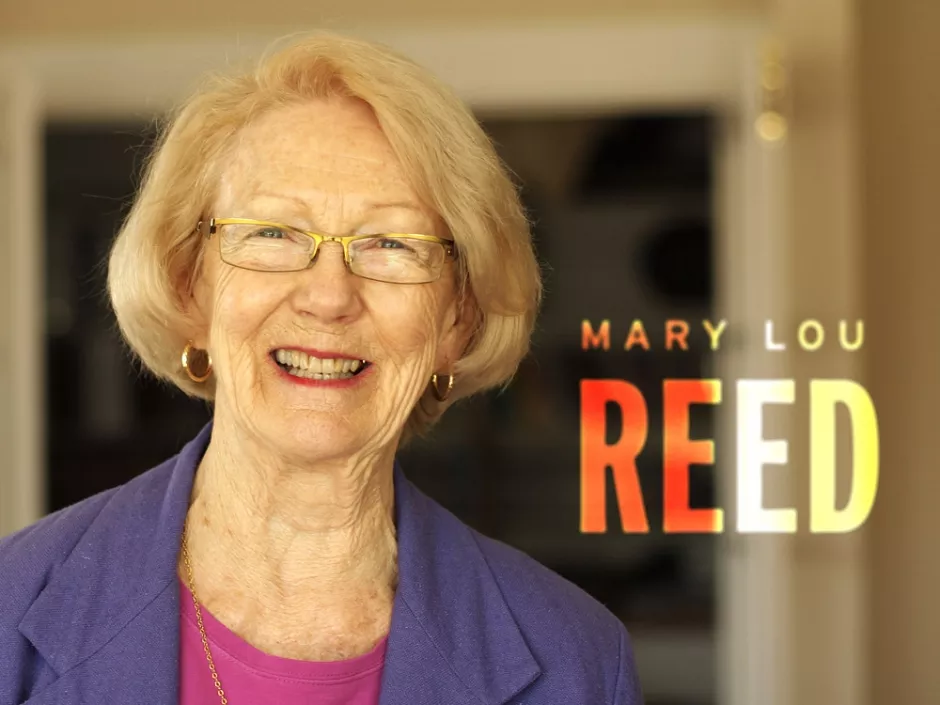Listen up Kootenai County voters: You have a story problem to solve. Your ballot is long, but you can work your way through it. When you reach the tall column of words under the heading COUNTY GOVERNMENT BALLOT MEASURE, please pause.
Now you may have taken time to think about this proposed change in the way business is done in the Kootenai County Courthouse. But chances are, since you lead a pretty busy life, the issue hasn’t grabbed your attention.
For one thing, the language is pretty dry. “Optional forms of county government” doesn’t tickle the brain or roll off the tongue or stifle a yawn. It’s caused zero talk over coffee at work, or even over a beer at the bar.
But behind the drab language, an interesting change lurks. Most of us don’t pay much attention to how the county government is run.
Is there a problem?
Well, start with the Kootenai County Commissioners. We elect three commissioners, but we do not elect a leader. Each commissioner is on equal footing. The three commissioners choose their own chairman, who doesn’t receive any extra salary or special privileges.
We are back to the old light bulb question. How many county commissioners does it take to… purchase a new copying machine, or authorize a survey, or issue a press release? Who’s in charge of the daily details? Anyone? No one?
One wag told me the best word to describe the county courthouse is “dysfunctional.” Then I read that same suggestion in Sholeh Patrick’s October 16 column in the Coeur d’Alene Press. Just before my deadline, Joe Morris and Jon Hippler, co-chairs of Streamline Kootenai County, also called the current system “dysfunctional” in a “My Turn” in the October 19 CDA Press. It’s well on its way to becoming an established fact.
One reason may be that management (county commissioners) is elected by the voters, rather than chosen for any particular professional skills. Another reason may be that power is diffused among elected officials. Each elected official runs his or her own shop according to that officials’ own karmic wishes and state regulations. Each sets his or her own budget and argues for it.
I have heard no complaints about work not getting done, only that the courthouse is a rudderless ship, with a trail of separate fiefdoms.
The proposed option on the ballot would retain the county commissioners, the sheriff and the prosecuting attorney as elected officers. The county manager, the assessor, clerk, treasurer and coroner would become appointees of the county manager, who is hired by the commissioners.
On the one hand we have the three commissioners, in the unattractive guise of a three-headed monster. When you’re being pulled in three directions, it can be impossible to lead. On the other hand, there’s a legitimate concern that loading too much power on one strong county administrator may be unwise.
For a brief period in county history, 1995 to 2001, the commissioners hired Tom Taggart to be county administrator. Taggart had been elected county clerk in 1990 and reelected in 1994. He resigned from the clerk’s job to take on the county manager position. By all accounts, Taggart made the courthouse hum.
If the voters agree, the county clerk, assessor, treasurer and coroner would be hired on the strength of their experience and expertise, not on the number of votes they were able to attract. Proponents argue that this is the model followed by our local school districts, North Idaho College, Kootenai Health and by other Idaho cities.
The four elected county officers — County Clerk Cliff Hayes; County Assessor Mike McDowell; County Treasurer Tom Malzahn; and County Coroner Deb Wilkey — have issued a press release asking voters to vote no. They suggest the measure would add another layer of government, cost more money and remove checks and balances that the authors of the Idaho State Constitution wrote in to safeguard the process.
But there is a wrinkle in the proposal that needs to be out on the table. The original scheme required the Board of Commissioners to expand to five or seven part-time commissioners, whose job would be to determine policy, and not make day-to-day operational decisions. Their salaries were to have been cut from full-time to part-time.
However, the additional commissioners concept got left on the cutting-room floor. What ended up on the ballot is a proposal that retains three full-time commissioners at full-pay.
Is this wrinkle a poison pill? The statute allowing optional forms of county government says further changes can only be on the ballot after four years have passed.
I lean toward making the change to establish a culture that is simpler and more efficient. A legislative amendment could make an allowance for additional part-time county commissioners.
I question that a $1 million savings can be made immediately, but I believe considerable savings could be made down the road.
Proponents are right that municipalities work very well with appointed department heads. As do school districts and our own NIC.
Let’s do it. Let’s take the plunge. Let’s streamline Kootenai County government.

















